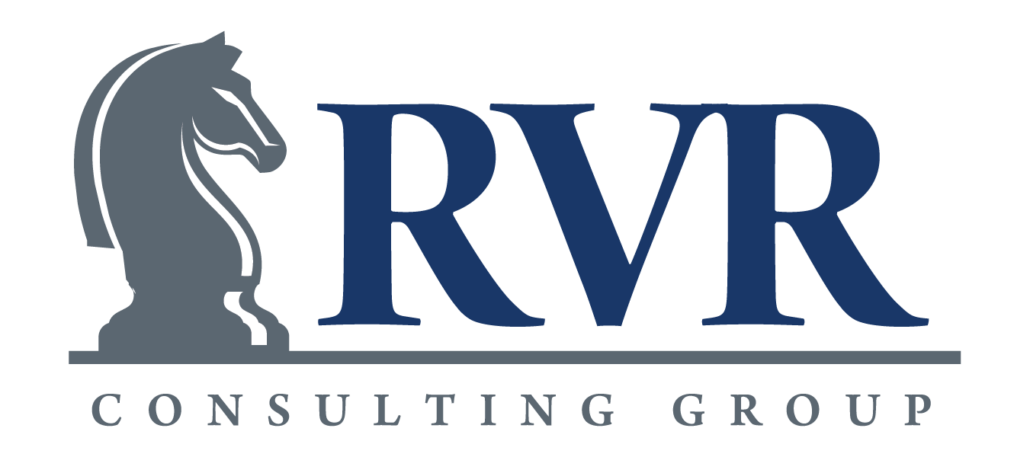Recession Proof Your Business

This is the first post in a series focusing on ways to enhance and protect any business.
With volatility back in the markets and talks of slowing global growth, many business executives are asking the question: “How will my company fare during a recession, and are there ways we can actually thrive instead of just survive during a downturn?” When GDP growth is as strong as it has been over the past few years, it is very easy to sit back and let complacency set in. However, this is precisely the time when businesses should be concentrating their resources on establishing strong risk management practices, training their employees, and building more efficient processes. During economic times like these, any manager would be wise to heed the old proverb of “Making hay while the sun shines”.
While focusing on growth is extremely important for companies, there comes a point when it is vital to enhance and protect the business that has already been built. While the economy is strong is the best time to look back and ensure that processes, risk, and people are being managed properly. Taking the time and resources to take these proactive steps now will ensure that the next time a recession occurs, your business will be ready.


